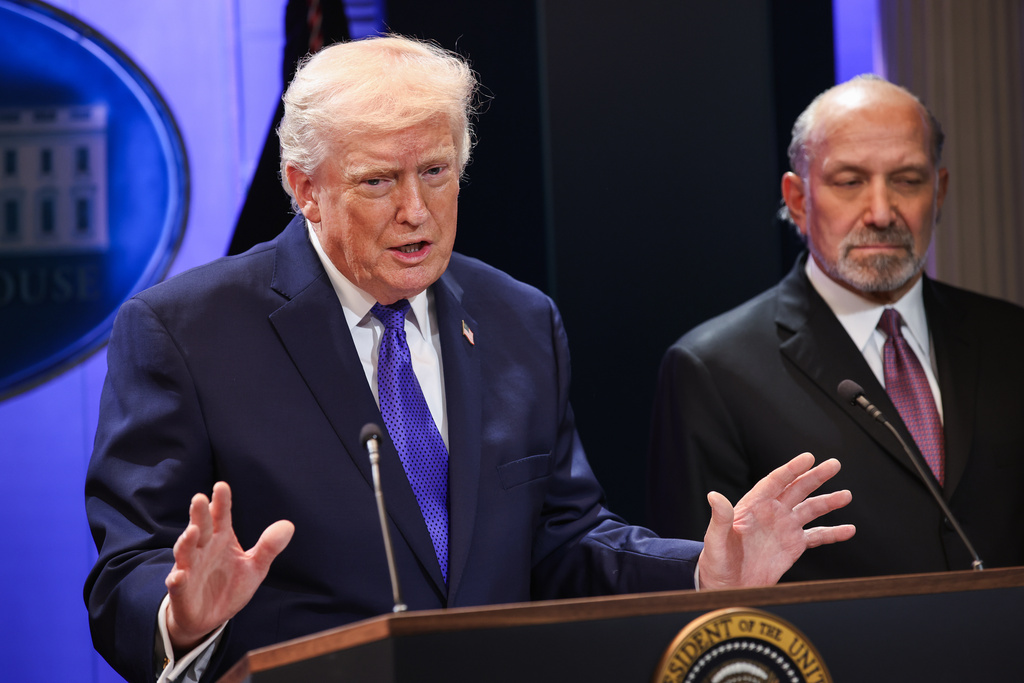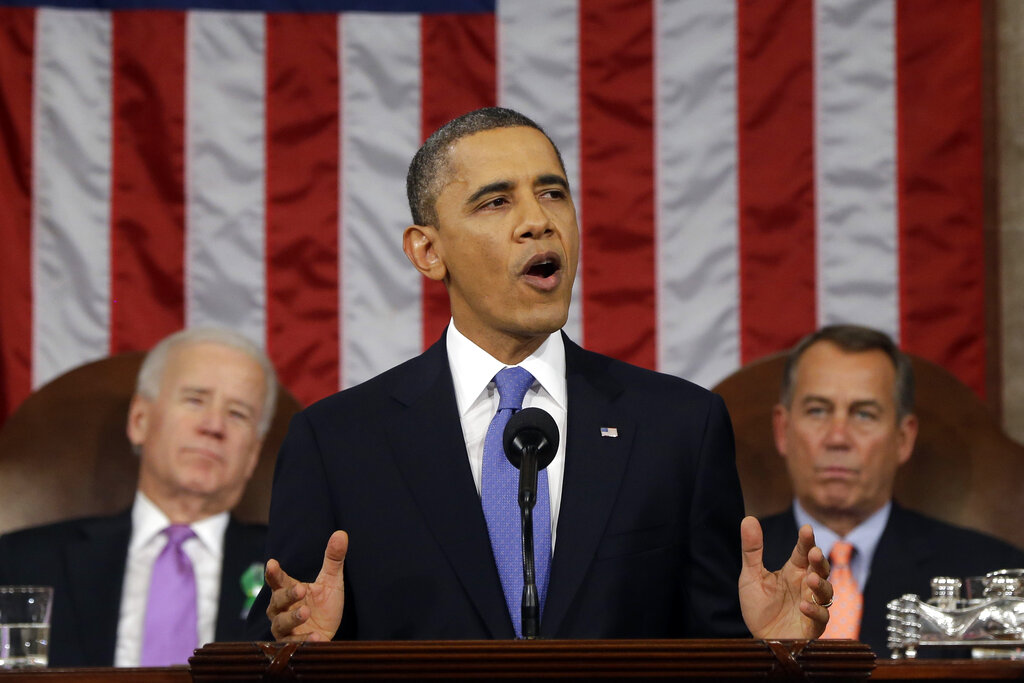President Donald Trump’s latest executive order directing the Attorney General to prioritize federal prosecutions for flag burning could upend decades of First Amendment Law. But it immediately faces constitutional obstacles that may prove insurmountable.
On Aug. 25, 2025 Trump signed the executive order “Prosecuting Burning of the American Flag” stating, “Our great American Flag is the most sacred and cherished symbol of the United States of America, and of American freedom, identity, and strength” and later,
“Desecrating it is uniquely offensive and provocative. It is a statement of contempt, hostility, and violence against our Nation.” The EO went on to direct the Attorney General to prosecute to “the fullest extent possible,” while being “consistent with the First Amendment.
The president’s order is already being challenged on the grounds of the U.S. Supreme Court’s landmark Texas v. Johnson decision, where flag burning as political protest was ruled to be protected First Amendment speech. Justice William Brennan’s majority opinion established that symbolic speech, even when offensive, receives constitutional protection when it conveys a political message. It was a 5-4 decision with conservative stalwart Antonin Scalia joining the majority. This landmark decision was reinforced in 1990 by United States v. Eichman, which struck down the federal Flag Protection Act.
Trump’s executive order seems to anticipate challenges under these cases, stating, “Notwithstanding the Supreme Court’s rulings on First Amendment protections, the Court has never held that American Flag desecration conducted in a manner that is likely to incite imminent lawless action or that is an action amounting to ‘fighting words’ is constitutionally protected. See Texas v. Johnson, 491 U.S. 397, 408-10 (1989).”
Trump’s executive order asserts that Supreme Court precedent has not extended constitutional protection to flag desecration when the act is likely to incite “imminent lawless action” or constitutes “fighting words.”
“Fighting words” are not protected speech, and the administration is arguing burning the flag should be analogous to fighting words.
The U.S. Supreme Court ruled in Chaplinsky v. New Hampshire (1942) that fighting words are not protected by the First Amendment. Fighting words are defined as words “which by their very utterance inflict injury or tend to incite an immediate breach of the peace.”
Many legal experts and conservative pundits have suggested Trump is overstepping his Constitutional authority here. Still others believe flag burning should be made illegal, but that it should be done through a Constitutional Amendment, which requires a two-third majority in Congress.
As for the American public, they seem to be split along partisan lines on this question. A June CBS poll found 83% of Republicans believed flag burning should be illegal compared to only 33% for Democrats. Independents were roughly split down the middle.
The current Supreme Court, despite its conservative majority, has generally maintained strong protections for free speech rights. In its 2023-2024 term SCOTUS heard eight First Amendment-related cases and most justices sided with the more speech-protective party in. It suggests an uphill fight for the Trump administration if and when a challenge to the flag burning executive order reaches the Supreme Court.
Related
Lynn Schmidt
Lynn Schmidt holds a bachelor of science in nursing from the University of North Carolina at Greensboro and a masters of science majoring in political science from the University of Nebraska-Omaha. She is a freelance columnist and editorial board member with the St. Louis Post-Dispatch and a monthly contributor to The Fulcrum. Lynn lives in St. Charles, Missouri with her husband and two daughters.




